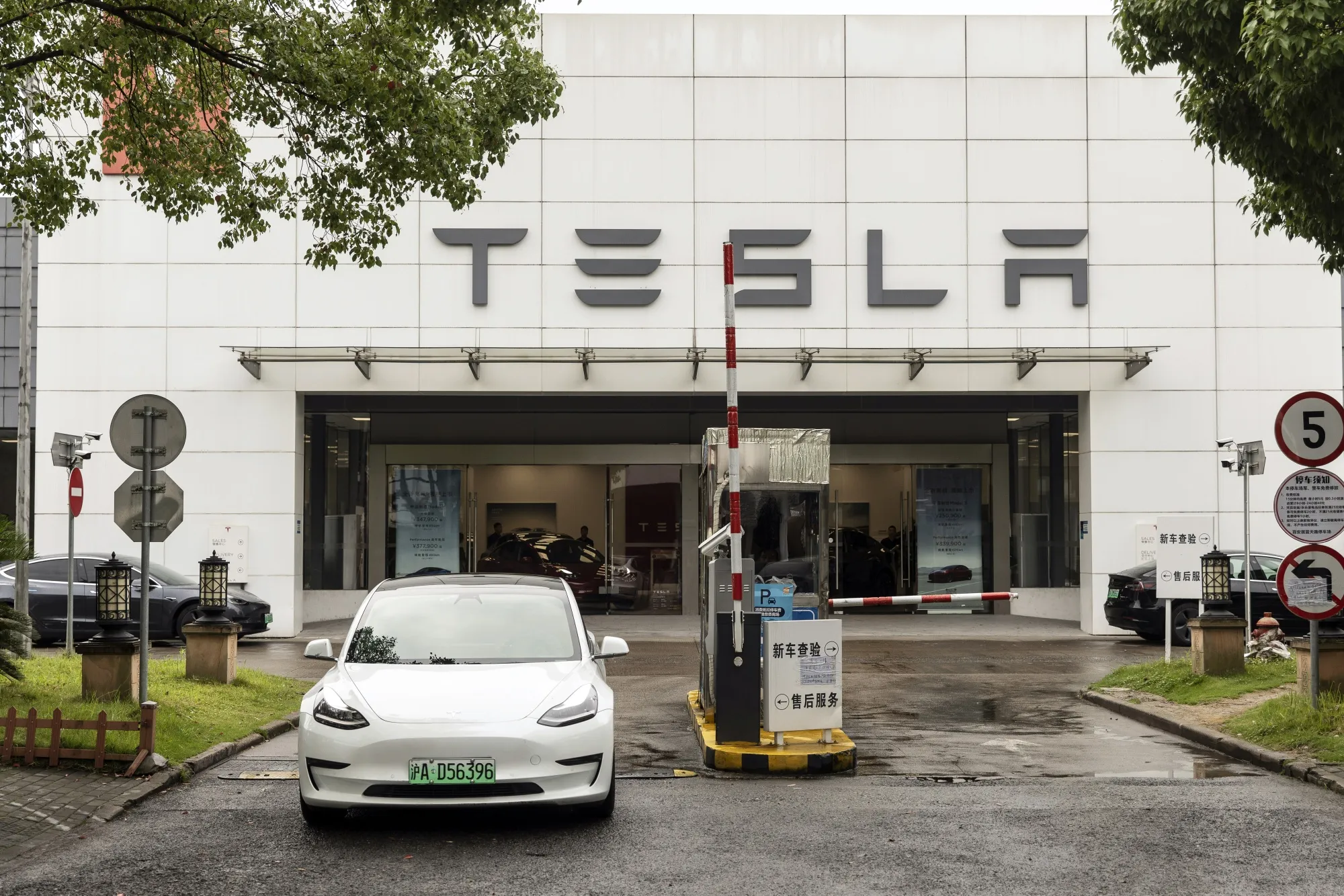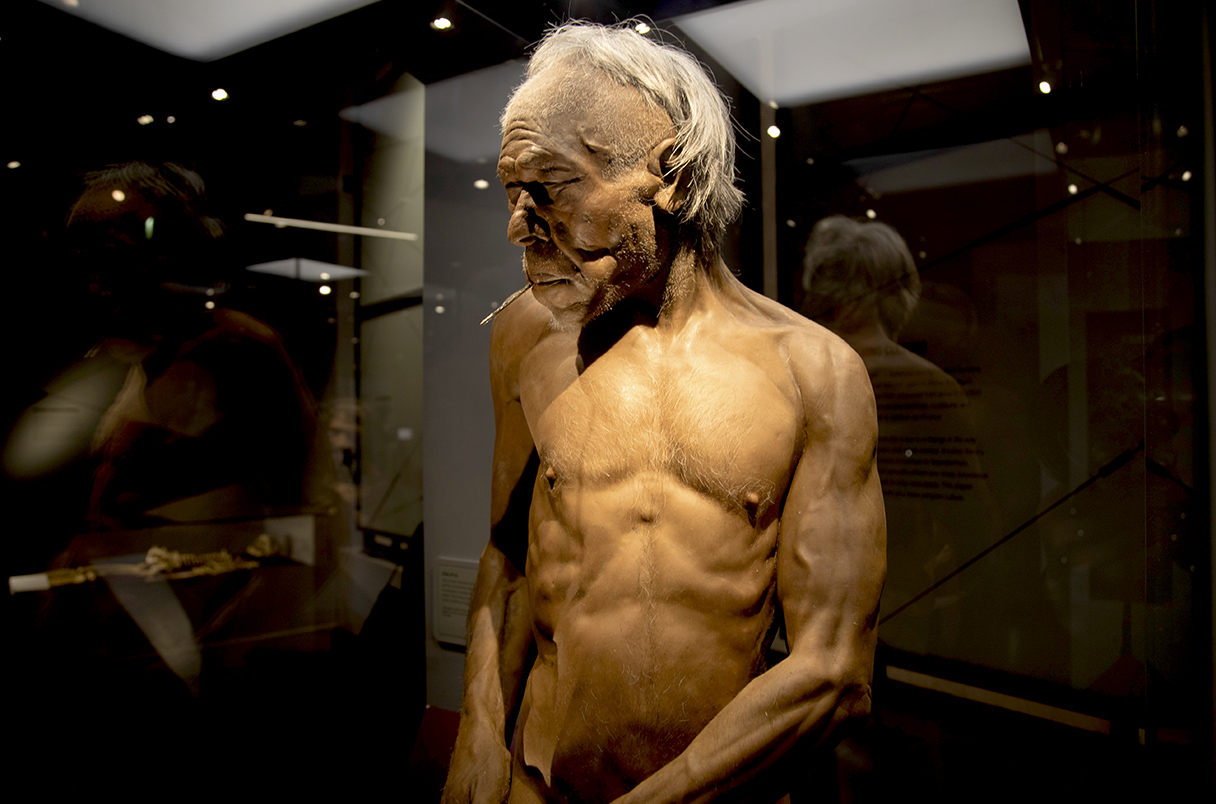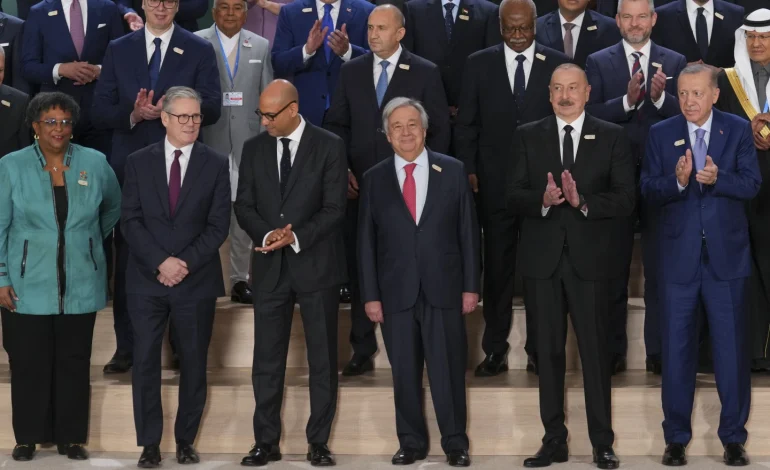The annual United Nations Climate Conference (COP29) is underway in Baku, Azerbaijan, but this year’s event is taking on a different feel than previous years, The Associated Press reports.
While past talks boasted the star power of world leaders, this year lacks the big names and powerful countries, giving it more of a “nerd power” atmosphere focused on strategy and negotiation.
Missing Leaders, Missing Urgency
• Notably absent are the top leaders of the 13 largest carbon dioxide-polluting countries, responsible for over 70% of 2023’s heat-trapping gases.
• China and the United States, the world’s biggest polluters and strongest economies, are not sending their heads of state. India and Indonesia’s leaders are also absent, meaning the four most populous nations with more than 42% of the world’s population are not represented at the highest level.
• Climate scientist Bill Hare, CEO of Climate Analytics, sees this as “symptomatic of the lack of political will to act,” lamenting that “there’s no sense of urgency” despite the “absolute mess” the world is in.
Hope in the Face of Crisis
• While acknowledging the dire situation, UN Secretary-General Antonio Guterres remains hopeful, stating that the “clean energy revolution is here” and “no group, no business, no government can stop it.”
• Guterres pointed out the significant growth in clean energy and electric vehicles since 2016, showcasing positive progress despite the lack of high-profile leadership.
Azerbaijan’s Role and Trillion-Dollar Negotiations
• Host nation Azerbaijan, with its oil and gas industry, faced criticism for its role in climate change. President Ilham Aliyev defended his country’s stance, arguing that it’s unfair to blame nations for having natural resources and bringing them to the market.
• Aliyev, despite his country’s reliance on fossil fuels, pledged to push for a green transition while emphasizing the need for realism.
• Negotiations are underway for substantial financial commitments, potentially reaching $1.3 trillion annually. This money, according to Secretary-General Guterres, is “not charity, it’s an investment” in securing a sustainable future.
Vulnerable Voices and Logistical Challenges
• While major powerhouses are absent, COP29 sees strong representation from leaders of climate-vulnerable nations. Presidents from small island nations and leaders from across Africa are expected to speak during the World Leaders’ Summit.
• UN officials downplayed the lack of high-profile leaders, stating that every country is actively participating in the talks. However, logistical issues, such as the upcoming G20 meetings in Brazil, US elections, government collapses, natural disasters, and personal illnesses also contributed to the absence of certain leaders.









